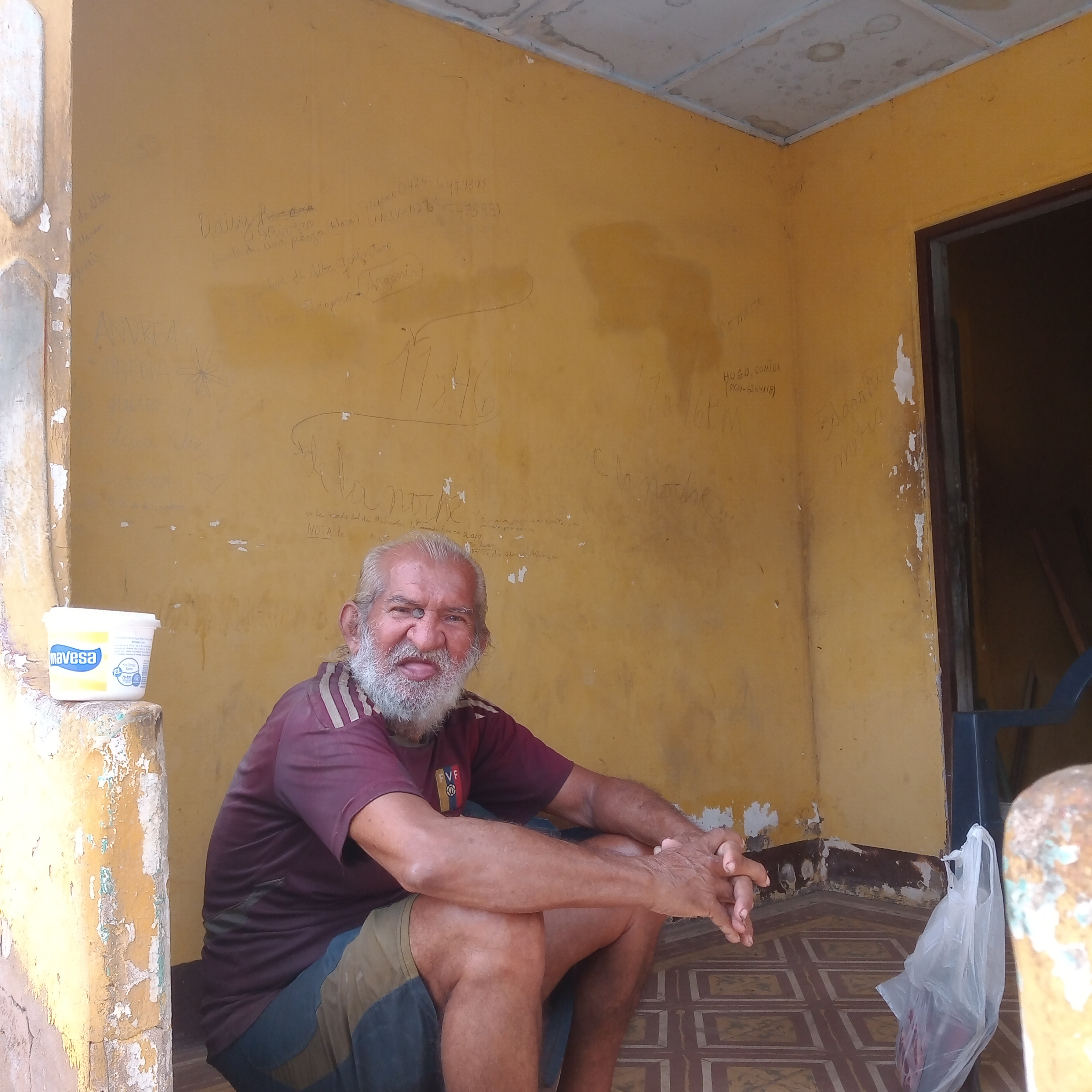In the context of the complex humanitarian emergency affecting Venezuela for several years now, the government of Nicolás Maduro issued a state of alarm decree on March 13, after recognizing the existence of 2 cases of COVID-19 in Venezuela. The state of alarm is one of 4 forms of state of emergency contemplated in the Venezuelan Constitution (art. 338 et seq.). According to the constitutional text, the state of alarm assumes the occurrence of “catastrophes, public calamities, or other similar events seriously endangering the security of the Nation or its citizens.” It can last 30 days, extendable up to 60 days.
The particularity of the Venezuelan case at this point is that the country, as of the date the state of alarm was issued, was already under another state of emergency, an economic emergency since January 2016. This responded to political reasons so laws could be passed without the approval of the National Assembly, which in December of the previous year the ruling party lost. This means, then, that two states of exception overlap, one for whimsical and arbitrary political reasons, and the other justified by a pandemic.
Another peculiarity of the Venezuelan case is that the Constitution states that, once the state of emergency has been declared, it must be subject to the authorization of the National Assembly within the following 8 days (art. 339) and once it has been verified, the Constitutional Chamber examines its constitutionality. However, this has not happened because the Constitutional Chamber declared the National Assembly in contempt for failing to comply with a decision of the Electoral Chamber, and without any regulatory basis or having the competence to do so, suspended all the powers of the Assembly, approving on its own the decrees of states of emergency from that moment.
We must also note that the Organic Law on states of emergency declares that the decree must be published in the Official Gazette “in the shortest time possible”, but as of March 31 this has not yet happened, and only an unofficial version is circulating in social media, not found on the official website of the national press, the competent body, leaving the population in a state of widespread misinformation. Therefore, we assume this version as official, not denied by the government media.
According to the constitutional text, although a state of exception implies the limitation of rights, it also states (art. 337) that the right to life, the prohibition of torture, the right to due process, the right to information, and “other intangible rights” cannot be limited. These intangible rights, according to article 6 of the Organic Law on States of Exception are the following: the right to recognition of legal personality, protection of the family, equality before the law, nationality, personal liberty and the prohibition of the practice of forced disappearance of persons, personal integrity (physical, psychological, and moral), the prohibition of being subjected to slavery and servitude, legality and the principle of non-retroactivity of the laws, constitutional protection, participation, suffrage, and access to public office.
The freedoms restricted by the state of alarm, according to the aforementioned decree, would be that of free transit (art. 7), which includes both personal transit and air traffic; the exercise of economic activities (art. 8), which are suspended with specific exceptions (art. 9); public and private educational activities (art. 11), and personal freedom for those people subject to the quarantine regime (art. 23 et seq.). What is worrisome about the decree is that, although the Constitution states that limitations to restricted rights must be regulated in it, this does not occur in the case of freedom of transit, where restrictions were made without a normative basis.
Additionally, other measures have been imposed outside the framework of the decree, such as the declaration of “social distancing” starting March 17, which has ultimately meant a curfew with no precise timetables or limits. Similarly, although the activities related to the transportation and sale of fuel are exempted from suspension by the decree, the truth is that rationing has been imposed on fuel throughout the country, including the capital city (which is an unprecedented situation). Also, despite the decree calls the states and municipal authorities to lend their “support” to the measures, they have unconstitutionally assumed powers regarding the limits of free transit, business hours, and fuel distribution, in regulatory chaos such that even governors have declared their own “states of alarm”, and, in other cases, mayors have imposed arbitrary limitations far beyond the provisions of the decree, to the point of establishing sanctions outside the principle of legality.
Finally, it should be noted that the media is not exempt from the suspension of activities in the decree of a state of alarm, even though the right to information is one of the indicated by the Constitution as not susceptible to suspension. This has led in some cases to journalists being prevented from transiting public roads.
Apart from this extremely serious arbitrariness in the regulatory framework, the following human rights violations have been detected:
1. Previous political repression has been maintained to the point that 20 arrests for political reasons have been made under the state of alarm up to date. It also follows the pattern of disappearances and arbitrary arrests of family members or those related to persecuted politicians.
2. Political arrests have been added to those of health personnel and journalists for giving information about the poor situation of the country’s public health system or simply for reporting cases of COVID-19.
3. Despite being the state of alarm caused by a pandemic, fuel rationing is so arbitrary that doctors and chronically ill people (such as those who need dialysis) have been denied service, putting the lives of the latter at risk. This also affects agricultural producers who cannot move food due to not having access to fuel.
4. In the state of Lara, adults and children under quarantine for being suspected of carrying the virus were taken outside their homes without providing them with food.
5. Despite the terrible situation of those deprived of liberty and the fact of being subjects of high risk, the justice system not only suspended its activities but also did not contemplate any policy to allow the release of detainees with chronic conditions, general humanitarian measures, or the transfer of detainees in police cells to prison establishments.
6. The judiciary has limited itself to suspending its activities, leaving only the courts on criminal matters, without giving citizens the possibility to file for legal protection, although the law allows them to be filed electronically.
7. Screening tests for the virus are being carried out through the Carnet de la Patria (The Homeland Card), which is discriminatory for the population of the country that does not have the document.
In conclusion, the pre-existing humanitarian crisis in Venezuela has been potentiated by the pandemic, and although some of the measures to face it are justified, such as the quarantine, the regulatory framework implemented has been deficient, confusing, and chaotic, to the detriment of human rights, affecting rights that are not subject to suspension. In summary, the conditions are being created for the emergency to have dire consequences for the population.




